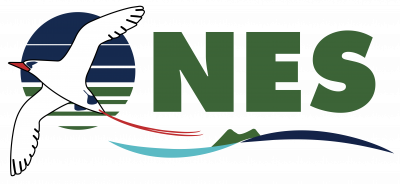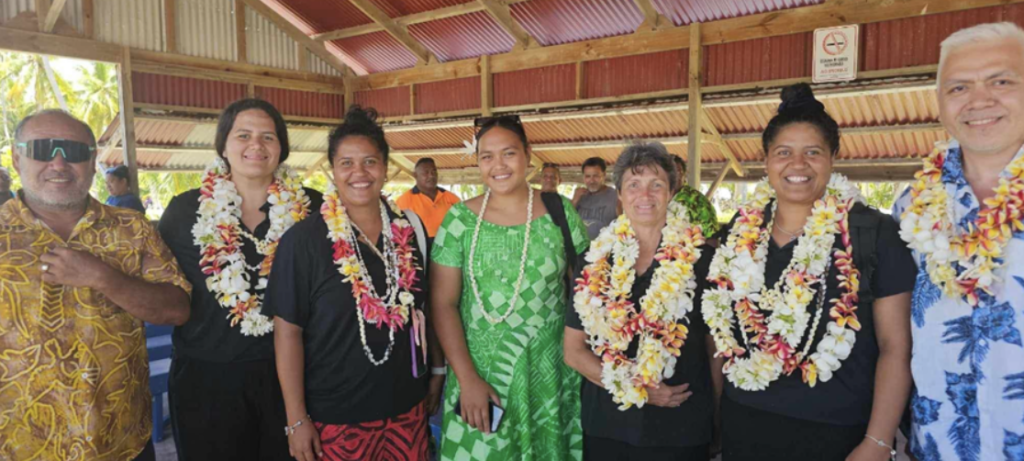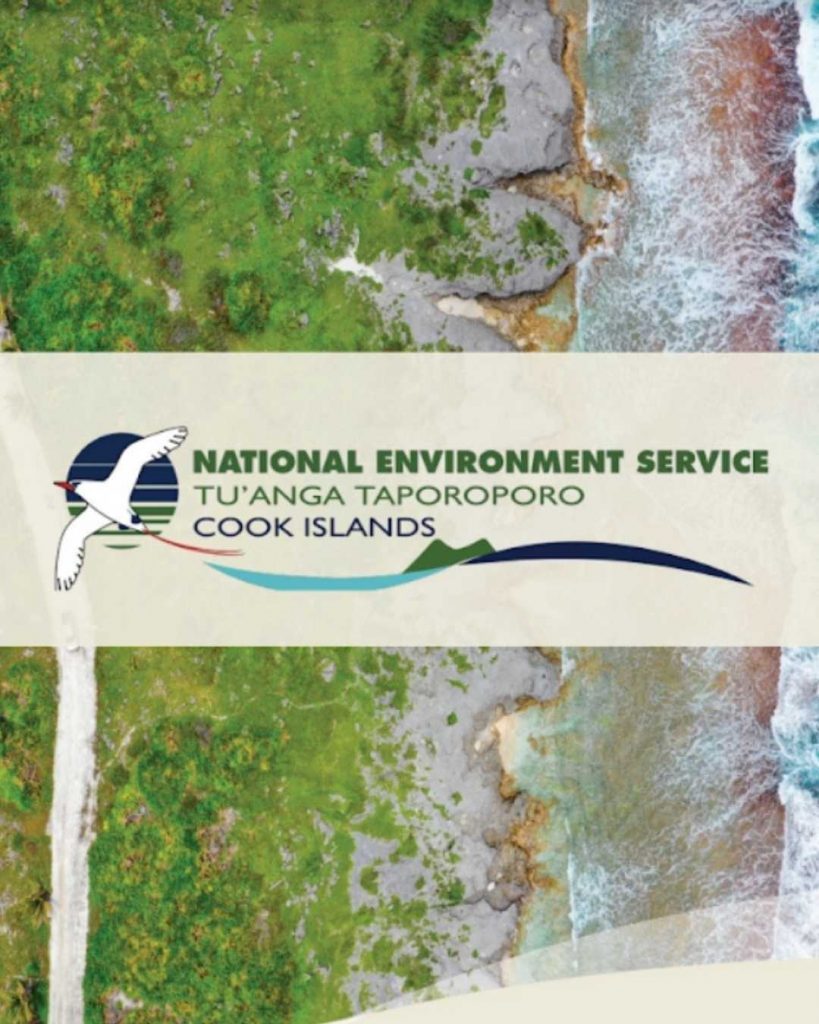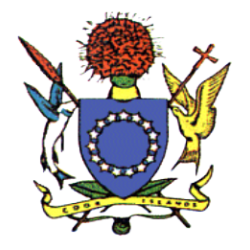A team from the National Environment Service (NES) departed Rarotonga on Tuesday, October 29, 2024, for an essential mission to the Northern Group Islands of Manihiki, Rakahanga, and Penrhyn. The purpose of the visit is to engage with the remote communities on critical environmental issues, including the ongoing development of the National Biodiversity Strategy and Action Plan (NBSAP) and consultations for the new Draft Environment Bill 2024.
The NES team, led by Director Halatoa Fua, emphasizes the importance of involving community voices in shaping the future of the Cook Islands’ environmental policies. The Draft Environment Bill, initially released in May to government stakeholders for feedback, opened a period for public comments, which was extended to October 31. The current visit to the Northern Group Islands is the first in-person consultation for the bill, allowing local residents to express their unique perspectives, concerns, and hopes regarding the legislation. Through these discussions, NES aims to build a legal framework that both protects the environment and respects the values and challenges of communities across the Cook Islands.
Another focus of the NES visit is advancing the National Biodiversity Strategy and Action Plan (NBSAP) through dedicated workshops on each island. These workshops will allow NES representatives to discuss biodiversity conservation with local community members, listening to their insights and priorities to develop a conservation strategy that truly reflects local needs. By identifying actionable steps together, NES and the communities are working toward a shared vision for preserving the islands’ unique ecosystems for future generations.
Waste accumulation has also become a pressing concern in the Northern Group, and the NES team will conduct a comprehensive waste management assessment during this trip. The team will gather photographic evidence and other metrics to better understand waste levels and composition on each island. This data will play a crucial role in guiding tailored waste management strategies for the Northern Group, addressing legacy waste accumulation, and finding solutions that meet the specific needs of these communities.
This mission marks a significant step toward building a sustainable future for the Cook Islands. Through these in-person consultations and assessments, NES is ensuring that community insights inform both the new environmental legislation and the strategies to conserve biodiversity and manage waste. By addressing the environmental challenges these communities face and incorporating their input, NES is creating locally-driven, effective conservation efforts that aim to preserve the islands for future generations.







